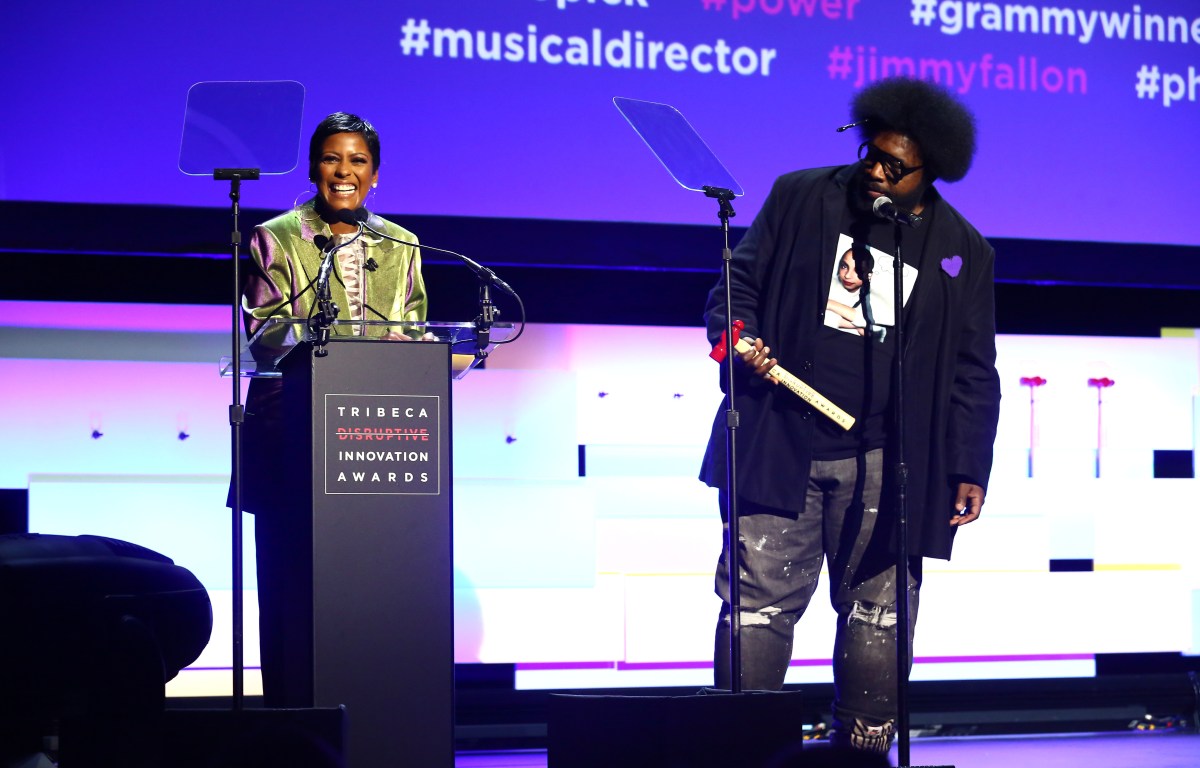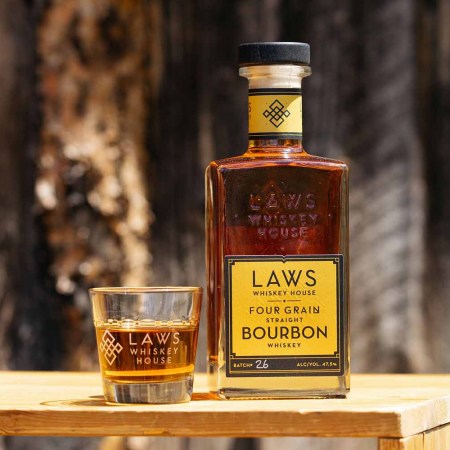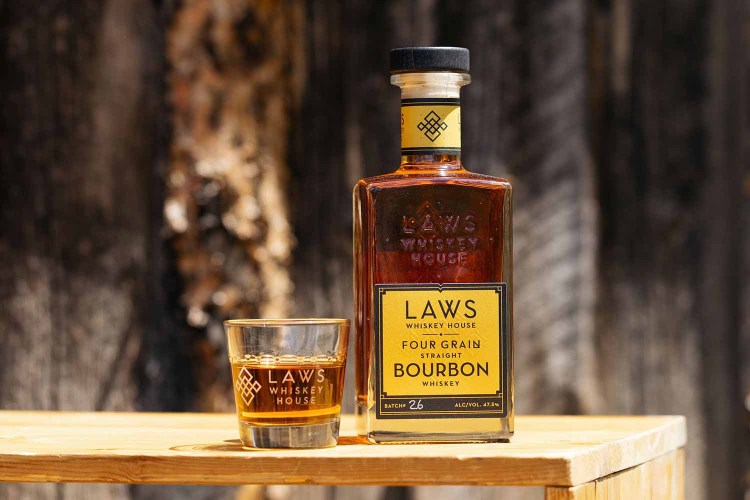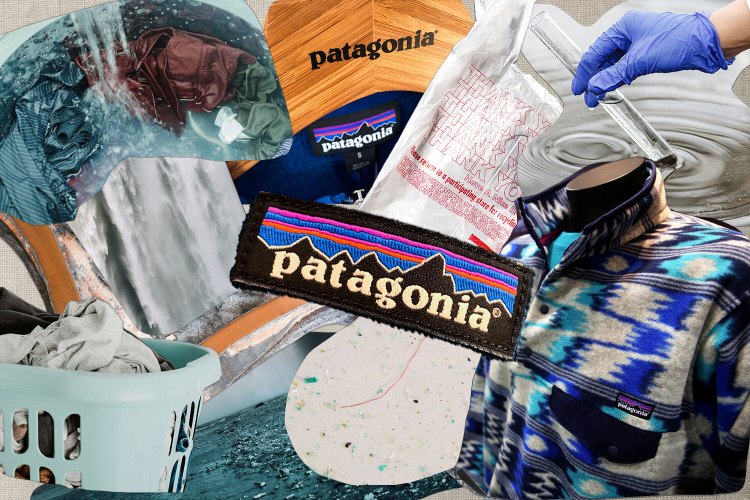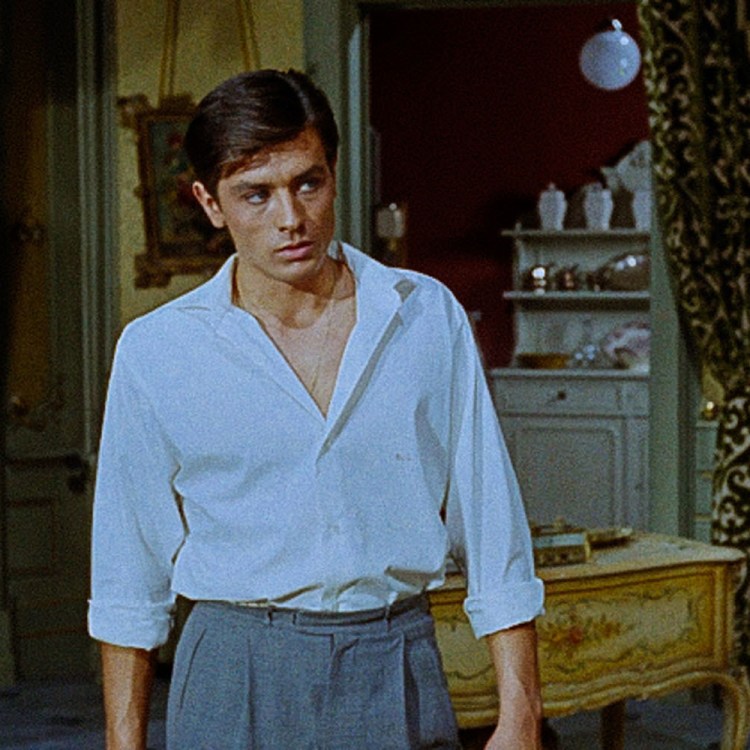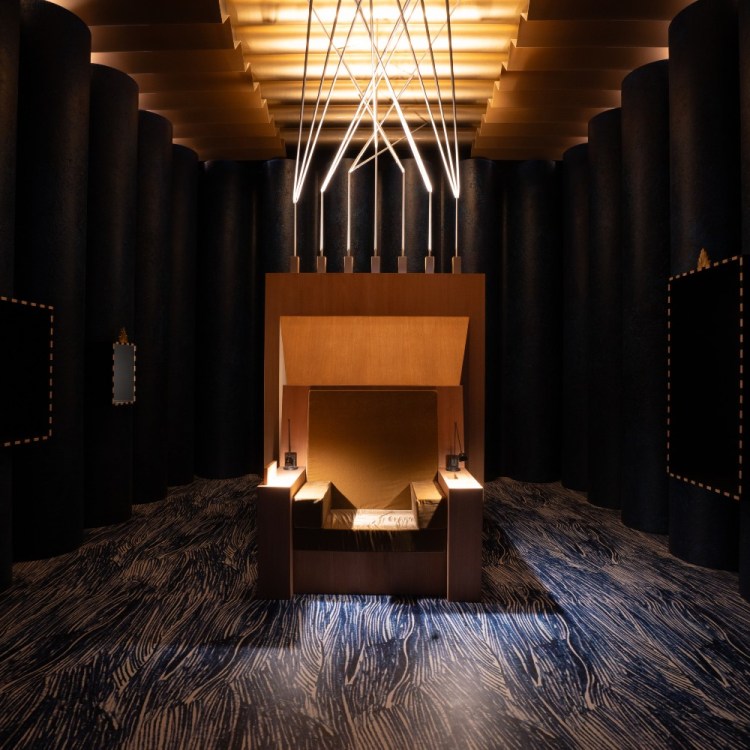Since its inception following the devastation of 9/11, the Tribeca Film Festival has had a political agenda as well as a cinematic one. The downtown Manhattan neighborhood is home to America’s greatest contemporary terrorist tragedy – the felling of the Twin Towers. In its wake, the festival, now in its 17th year, provides a sign of growth in the wake of horror and represents the power of visionary disruptors to shift the narrative from victim to vanguard.
As a part of this storyline – and the many narratives the festival has presented in short, long and virtual reality form –the Disruptive Innovation Awards is among the sprawling festival’s most forward-looking. Now in its ninth year, the awards ceremony occurred last Tuesday at brunch-time at the fest hub on 50 Varick Street, a spit away from the legendary firehouse immortalized in the original Ghostbusters comedy and north of Ground Zero.
Tamron Hall, the host of Investigative Discovery’s Deadline: Crime with Tamron Hall, emceed the lively and diverse two-hour event that reflects the mission of the Disruptor Foundation to honor individuals who “have challenged the status quo and broken the mold to create world-changing impact.” The long list of honorees included atom bomb survivor Koko Kondo, middle-schooler and #NeverAgain Activist Naomi Wadler, Hip Hop Founder DJ Kool Herc, Questlove, Ethereum’s Hashtag Inventor Chris Messina, documentary film pioneer Sheila Nevins, Vice’s Elle Reeves, and former New York Times book critic Michiko Kakutani.
This year, the event emphasized a correspondence between the survivors of the atomic bomb in Hiroshima 72 years ago and those who rose from the ashes of 9/11. The awards began with the screening of a short animated film telling the story of a single pear tree, which has been dubbed ‘The Survivor Tree.’ While it was crushed by rubble at the World Trade Center, rescue workers discovered the broken plant a month later. Nursed back to health, the tree became a symbol – and one of its seedlings graced the stage.
Festival Co-Founder Craig Hatkoff, the self-described “disruptor-in-chief” and creator of the awards, explained that the greenery on stage was, in fact, survivor tree number #615 slated to be planted in Hiroshima this fall. Hatkoff said, “Connecting the dots: that’s my life’s work….the 20 honorees all were knocked down and continued to get up, their innovations are the seeds that they have planted.” His message: there is nothing so bad that we cannot overcome it.
It was no surprise that when Hiroshima survivor and peace activist Koko Kondo joined Hatkoff and Hall onstage it was among the event’s most emotional moments. The doll-like grey-haired Japanese senior could hardly reach the microphone and yet her spirit filled the stage where nearby hung the little pink baby dress that she wore as an eight-month-old when the Enola Gay dropped the bomb on her hometown on August 6, 1945. Kondo told the audience: “I didn’t know I was a disruptor. I prefer to see myself as a person who is working for peace, the buildup and use of nuclear weapons, if the disruptor means someone against war, against nuclear weapons then perhaps, in that case, I am perhaps a disruptor.”
Questlove, Musical Director for The Tonight Show Starring Jimmy Fallon and member of “The Roots” strolled onstage and was also skeptical about the weighty term disruptor before accepting his award, a hammer with a red steelhead. When Hall asked the Philadelphia native why it was so important to do something different, the percussionist responded: “I’ve always been slightly uncomfortable with the fact that playing musical instruments is being seen as a novelty or radical move. I will say that in order to preserve the true spirit of what hip-hop should be ….we should never ever neglect the underground, the subculture. 20 years later it becomes your parents’ music. It’s lost its edge. What’s important, and what we represent, [is that] there’s no shame in being the Baltic Avenue or the Mediterranean of the Monopoly board. That’s where any subculture political or music lives.”
The so-called founding father of Hip Hop, Clive “DJ Kool Herc” Campbell, also received an award. Arriving on stage in a voluminous kaftan and dark shades, the Jamaican-born musical pioneer began as a deejay for his little sister’s graduation party in the Bronx. Calling himself “rap’s first MVP,” he offered this advice for artists coming up: “Those in the struggle don’t give up. Don’t focus on other people. Focus on you.” After that, his speech became less intelligible, involving a discussion of pledging allegiance, and the danger of getting God out of school allowing for “Lucifer, Satan and the Devil” to come on in. “Bring God back,” he said, before floating off stage in his kaftan.
Among the standout speakers was Naomi Wadler, the 11-year-old Alexandria, Virginia elementary-school student who spoke at last month’s March For Our Lives and readily embraced the title of disruptor. The young and articulate icon of the #NeverAgain movement, joined on stage by her fellow honoree and bestie since kindergarten, Carter Anderson, made it clear that she wasn’t a puppet for an adult working behind-the-scenes but someone who spoke with knowledge and from the heart in an America where going to school has become a danger zone. She also emphasized that she was representing “the [deaths of] African African-American girls that don’t lead on the evening news.” In a topical aside, she honored the African American victim at this week’s Waffle House shooting in Tennessee and railed at the injustice that if the shooter ” was a man of color, bail would have never been offered.” And, yet, despite the evident racial bias, she continues to fight for “common sense gun control” and concluded: “we can fix our problems.”
In a giant swirling festival that runs the gamut from breakthrough shorts by first-time filmmakers to the frontiers of VR, the Disruptive Innovation Awards celebrate the myriad contributions of those individuals – musicians, students, survivors, inventors – who plant the seeds of the future in the chaos of the present.
This article was featured in the InsideHook newsletter. Sign up now.
